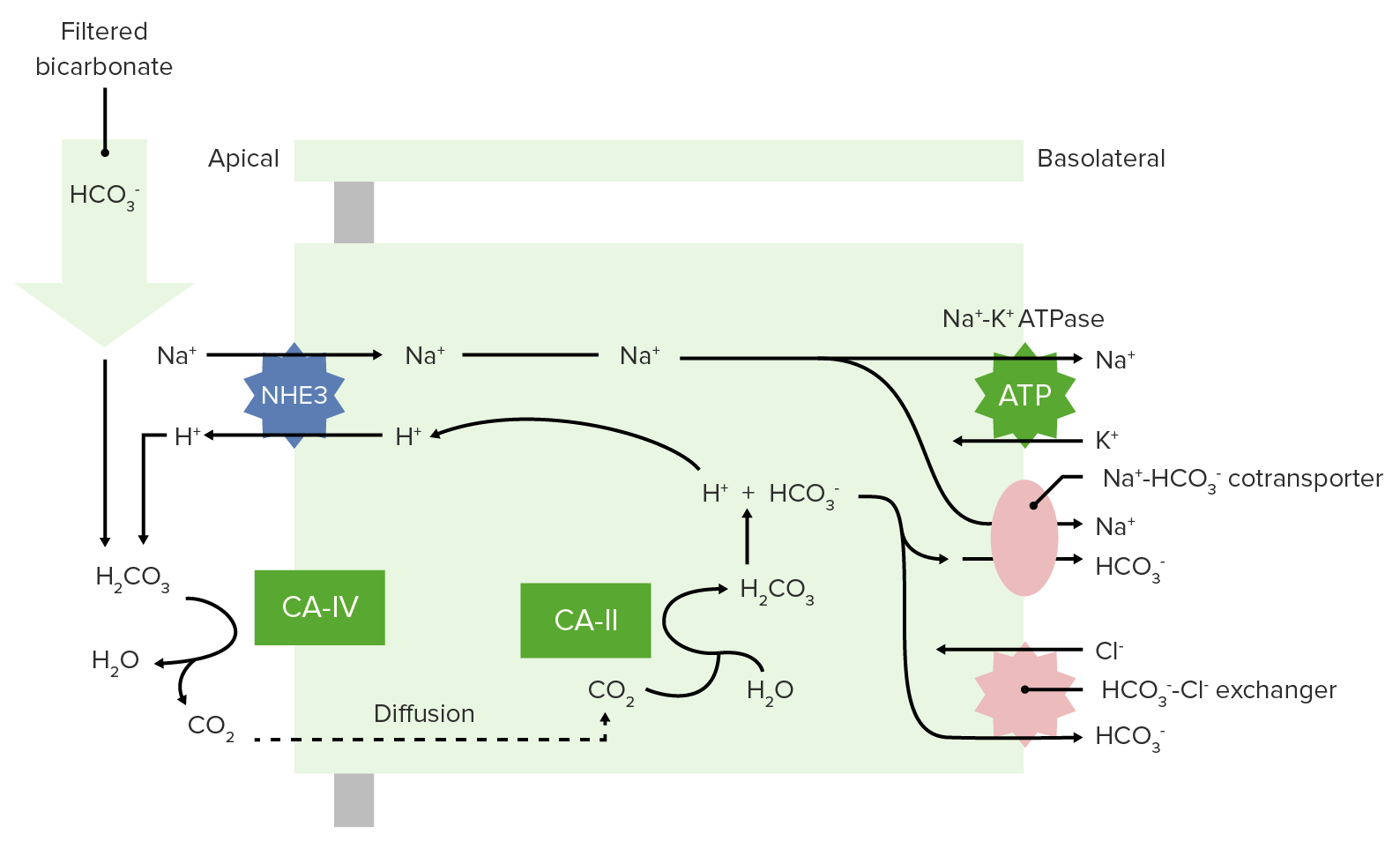Playlist
Show Playlist
Hide Playlist
Introduction – Hemostasis and Acid Base Balance
-
03 - Hemostasis and acid Base Balance.pdf
-
Download Lecture Overview
00:06 So now we're going to talk a little bit about Hemostasis. 00:12 Hemostasis is the balance between bleeding and clotting in our blood. It's a constant interaction between those two activities that's ongoing all the time. 00:24 The only reason we have liquid blood is, because when clots are formed, there's a very active process to break them down. And the only time we, the only reason we don't have constant bleeding is because we can clot effectively. So there's a constant interaction between these two characteristics of Hemostasis. Many activities can impair normal Hemostasis, including things such as massive trauma, which leads to massive bleeding, or disease like leukemia, that can cause damage to blood cells, particularly to platelets and can cause bleeding, or drugs such as anticoagulants, or even aspirin. 01:06 Absence of clotting factor such as Hemophilia A, also causes massive bleeding or causes major bleeding. Anesthesia, per se, has no positive or negative effects upon the body's ability to form clots or stop bleeding, to lyse clots in the presence of thrombus, which is abnormal clotting. But the anesthesiologist is expected to monitor these things and make sure that we're on top of it, and we can adjust the body's ability to respond to either bleeding or clotting accordingly. 01:42 In cardiac and vascular surgery, very large doses of the anticoagulant Heparin are given. 01:48 And this prevents clotting. And during the work that's being done, either on the heart or on the blood vessels, Heparin can cause profound bleeding, if not managed properly. One of the other problems with Heparin is, even when you remove the Heparin, it can have damaged platelets, which are vital for clotting, so that ongoing bleeding can be a problem, even when you've reversed Heparin. It's relatively rare, but it happens. It's up to the anesthesiologist to give the Heparin, monitor its effects, and reverse it at the appropriate time, and to use the appropriate doses of reversal drugs. Because unfortunately, they're not clean drugs either, and they cause problems. 02:30 Anesthesia drugs themselves do not play a role in increasing or decreasing bleeding, but hemodynamic changes such as hypertension can increase bleeding, and must be managed by the anesthesiologist. 02:48 So this triangle shows you the dynamic process that's constantly occurring in your body between platelets, which are these little organelles which are necessary for clotting, the vascular system, which produces some of the proteins that are necessary for clotting, and the body's protein system, coagulation protein system, that's also necessary for clotting and for lysis of clots.
About the Lecture
The lecture Introduction – Hemostasis and Acid Base Balance by Brian Warriner, MD, FRCPC is from the course Anesthesiology: Introduction.
Included Quiz Questions
Hemostasis is the balance between bleeding and blood-clotting; which of the following will not impact hemostasis?
- Anesthesia drugs
- Massive trauma
- Leukemia
- Anticoagulants
- Hemophilia A
Which of the following is FALSE regarding heparin use?
- The effects of heparin cannot be medically reversed.
- Heparin is often used in cardiac surgery.
- Heparin can cause profound bleeding if not managed properly.
- It is up to the anesthesiologist to give the heparin, monitor its effects and reverse it as the surgery is ending.
- Large doses of heparin are used in vascular surgery to prevent clotting during the repair of blood vessels.
Customer reviews
5,0 of 5 stars
| 5 Stars |
|
1 |
| 4 Stars |
|
0 |
| 3 Stars |
|
0 |
| 2 Stars |
|
0 |
| 1 Star |
|
0 |
This lecture was informative and engaging. The speaker did an excellent job of presenting the material in a clear and concise manner, making it easy to understand.




